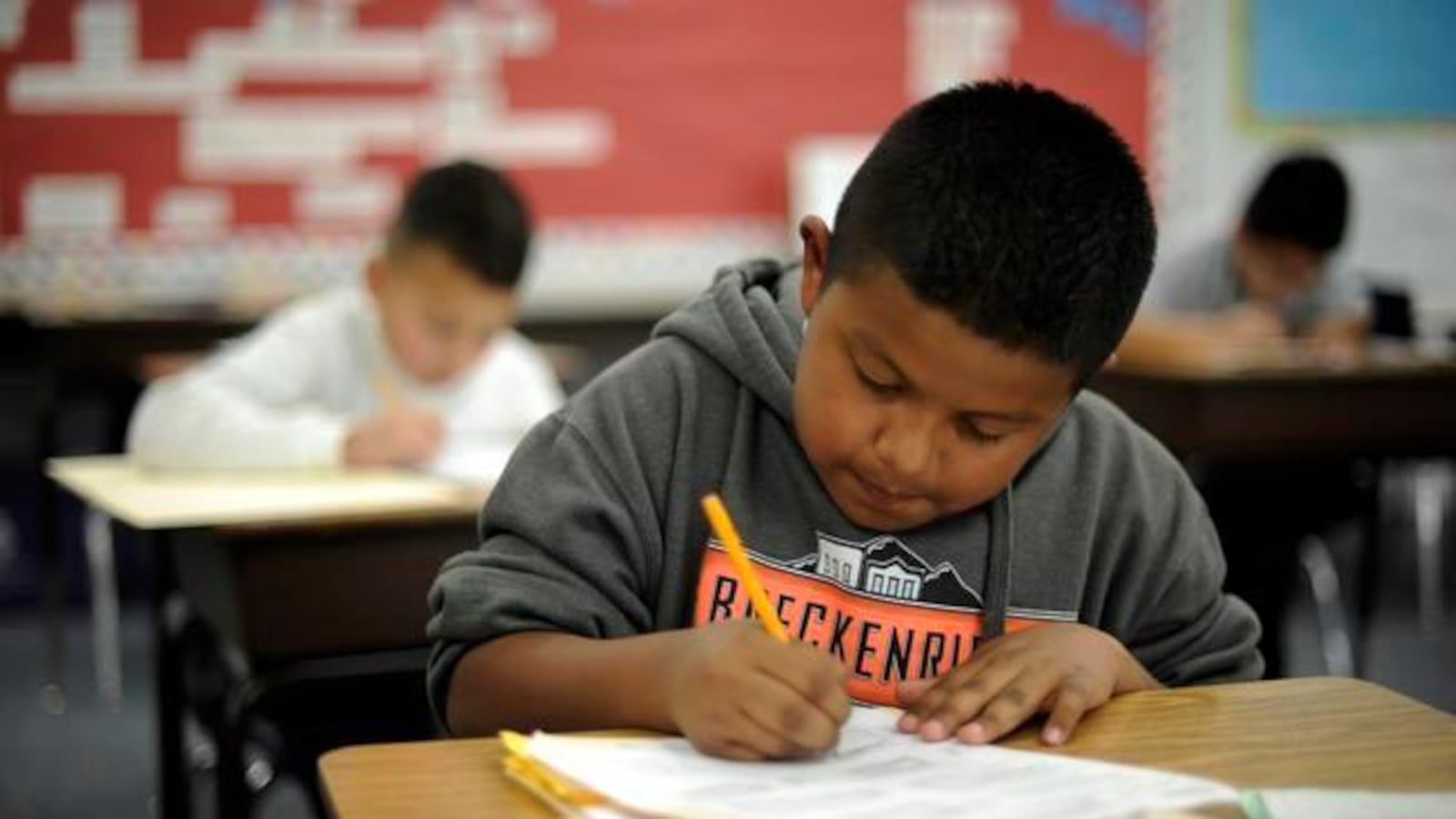For the first time in at least eight years, Denver isn’t calling for any specific new schools.
Superintendent Tom Boasberg, the head of what was once the fastest growing urban school district in the country, cited slowing enrollment growth, limited money to build new schools, and rising test scores as the reasons.
Denver Public Schools released its annual “Call for New Quality Schools” in late December. In past years, the document included specific requests, such as a new elementary school in a fast-growing neighborhood or a new middle school to replace an underperforming one.
Anyone with an idea for a new school — or, increasingly, a replication of an existing school — could submit a proposal. The proposals weren’t limited to the specific types of schools the district was requesting, but it promised to provide buildings to those that best met its needs.
This year, the district isn’t doing that.
“Given current conditions, DPS is not making the promise of facility support in this year’s Call for New Quality Schools,” Boasberg wrote in a letter as part of this year’s document to community members and school developers.
That’s significant because securing a building is often the biggest hurdle for new schools.
The district will still accept new school applications, which are due April 2. The school board is expected to vote in May on whether to approve them.
The process of formally soliciting proposals for new schools was born in 2007 under former superintendent Michael Bennet, who is now a U.S. senator, as a way to improve the district’s struggling middle and high schools and curb the number of dropouts.
Since 2008, the school board has approved 46 new district-run schools and 74 new charter schools, which are publicly funded but independently run. But not all of those schools are open. Just 38 new district-run schools and 51 new charter schools have opened in the past 10 years, according to this year’s Call for New Quality Schools document.
Some opened to serve the growing number of students attending public school in Denver. But that growth isn’t predicted to last much longer. New enrollment projections show that due to declining birth rates and rising housing prices, the student population in Denver is expected drop from more than 92,600 students this year to about 91,200 students in 2021.
Other new schools replaced those the district closed for low performance. However, just one school is set to close at the end of this year because of persistently low test scores: Cesar Chavez Academy, a charter school in northwest Denver. It will be replaced by another charter school, Rocky Mountain Prep, which already operates two schools in Denver.
Rocky Mountain Prep is among the homegrown charter school networks the district has granted approval to expand. Last year, the leaders of four networks — Rocky Mountain Prep, STRIVE Prep, University Prep and DSST — wrote an open letter asking the district to let them open more new schools to help meet the district’s ambitious improvement goals.
The school board has approved nine additional DSST middle and high schools that are not yet open, five additional STRIVE Prep elementary schools, four additional University Prep elementary schools and three additional Rocky Mountain Prep elementary schools, one of which is expected to replace Cesar Chavez starting this fall.
In his letter, Boasberg wrote that new schools have “played a critical role in ensuring families have access to high quality schools,” and he emphasized that will continue to be the case. But he also said, “we must be honest that some things are changing in our city.”
Read the entire Call for New Quality Schools document below.

